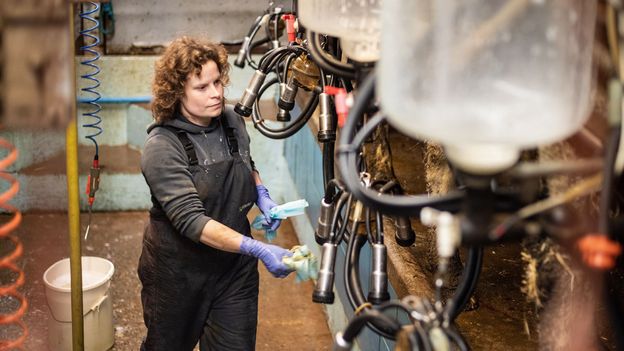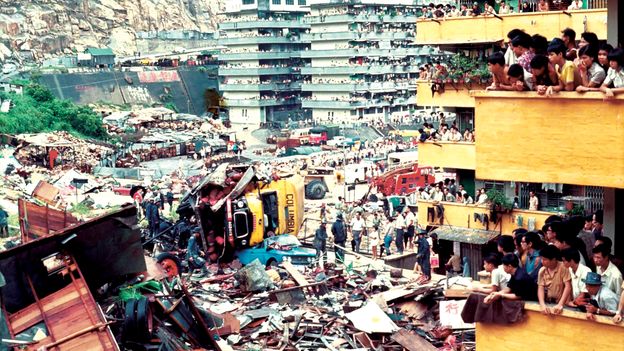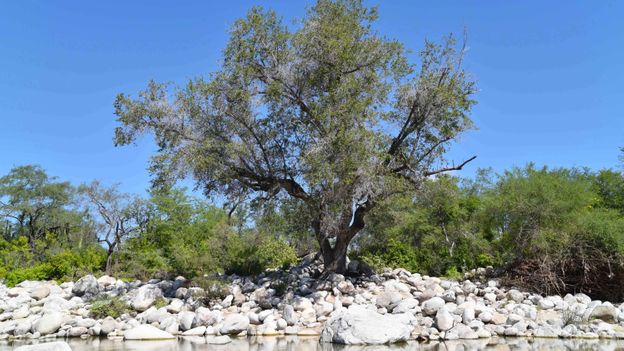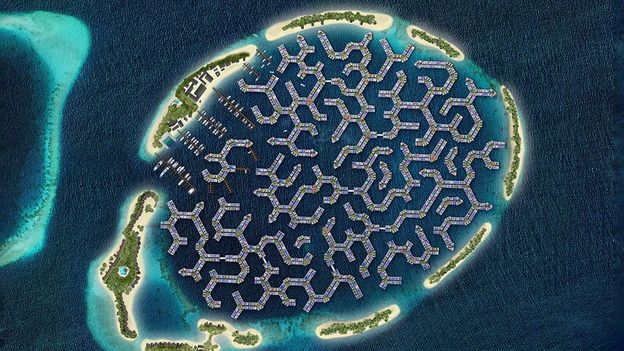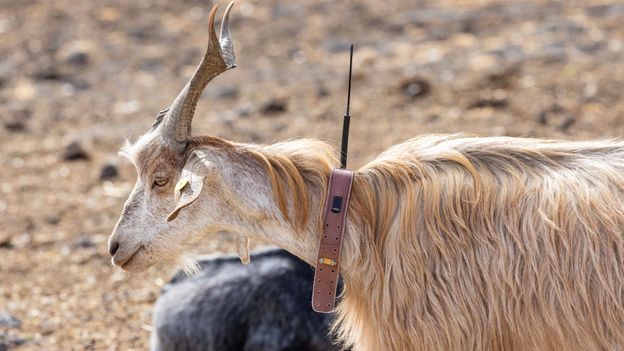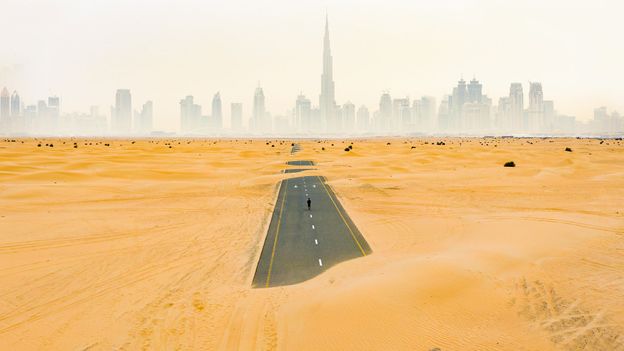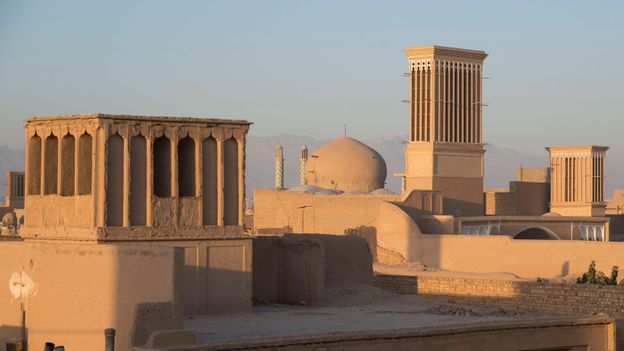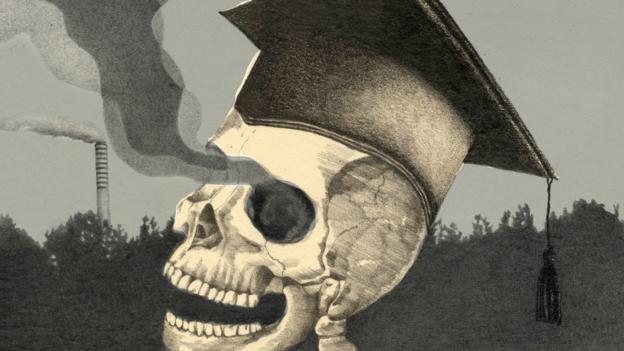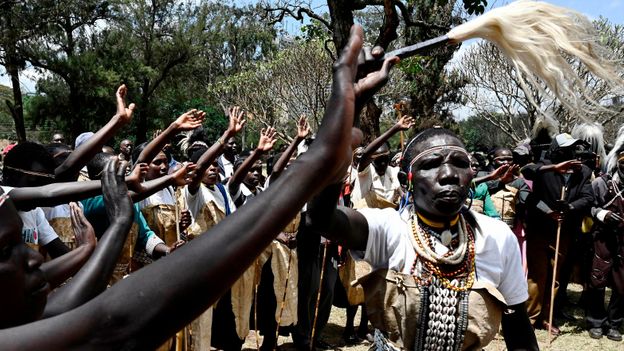Among this small group of Shropshire farmers, the views on dairy and climate cover much of the spectrum of debate. So how do they make sense of each others’ differing views on climate?
“My uncle Philip is one of the old generation,” Ben says. “He will be retiring soon. I don’t think you can win over people. It’s more about our generation making an impact.”
Given his knowledge and commitment to reducing climate change, how does Ben respond to critics who argue that we may have to stop eating meat and dairy entirely to make a significant dent in emissions? He pauses. “I think it’s a small minority, who are trying to ruin our future and a business that our family has tried to develop over 100 years. Come to my farm and have a look,” he says. “I can show you what we are doing to reduce our emissions footprint, and all the infrastructure we are investing so heavily in.”
When it’s time to leave, I ask Hannah if hearing from Peter and Ben has changed her perspective. She harbours dreams of renting her own dairy farm with a small herd and setting up an ice cream business. If she is able to realise her ambitions, would she take steps to reduce greenhouse gas emissions?
“I suppose you would have to see the figures, but if we could catch the rainwater to wash the milking parlours and got wind turbines and solar panels to supply electricity, it wouldn’t affect us farmers,” she says. “If there was a way to do our bit and our country did start making steps to improve our emissions, maybe other countries would follow.” But her doubts seem to catch up with her quickly. “But maybe Philip is right? We don’t know who is right and wrong – we don’t know the facts.”
Where Hannah remains unsure about dairy farming’s climate impact, there is another certainty that she will always come back to: her guiding principle.
“Cows are the most important thing. That’s the way I look at it. As long as the cows are happy, we are happy.”
—
The BBC’s Emily Kasriel is also a practitioner in residence at the London School of Economics’ Marshall Institute, focusing on deep listening.
—
The emissions from travel it took to report this story were 13kg CO2, travelling by bus, train and car. The digital emissions from this story are an estimated 1.2g to 3.6g CO2 per page view. Find out more about how we calculated this figure here.
—
Join one million Future fans by liking us on Facebook, or follow us on Twitter or Instagram.
If you liked this story, sign up for the weekly bbc.com features newsletter, called “The Essential List”. A handpicked selection of stories from BBC Future, Culture, Worklife, and Travel, delivered to your inbox every Friday.

